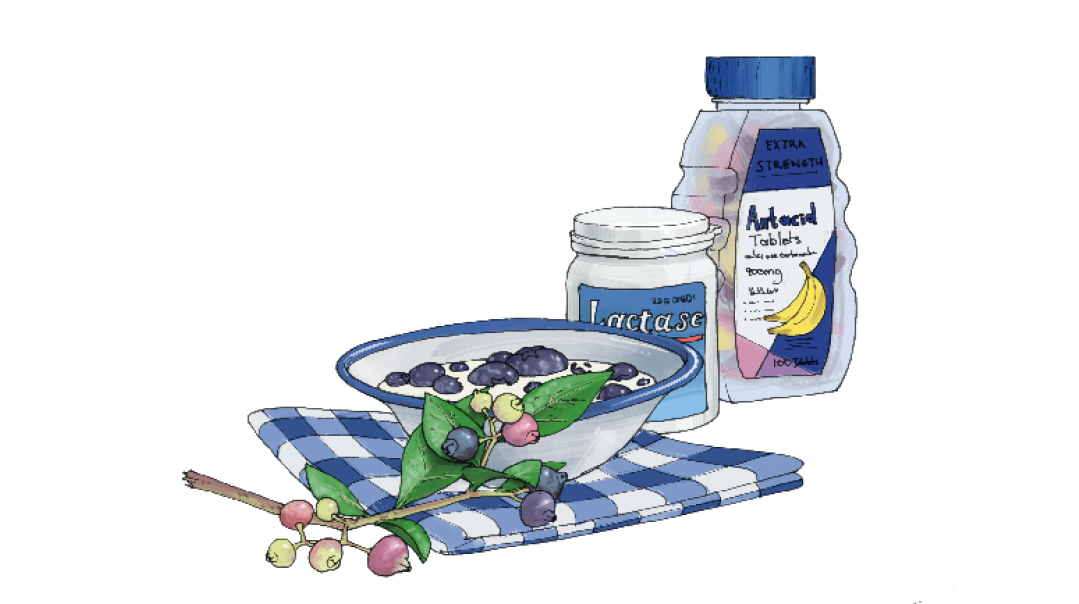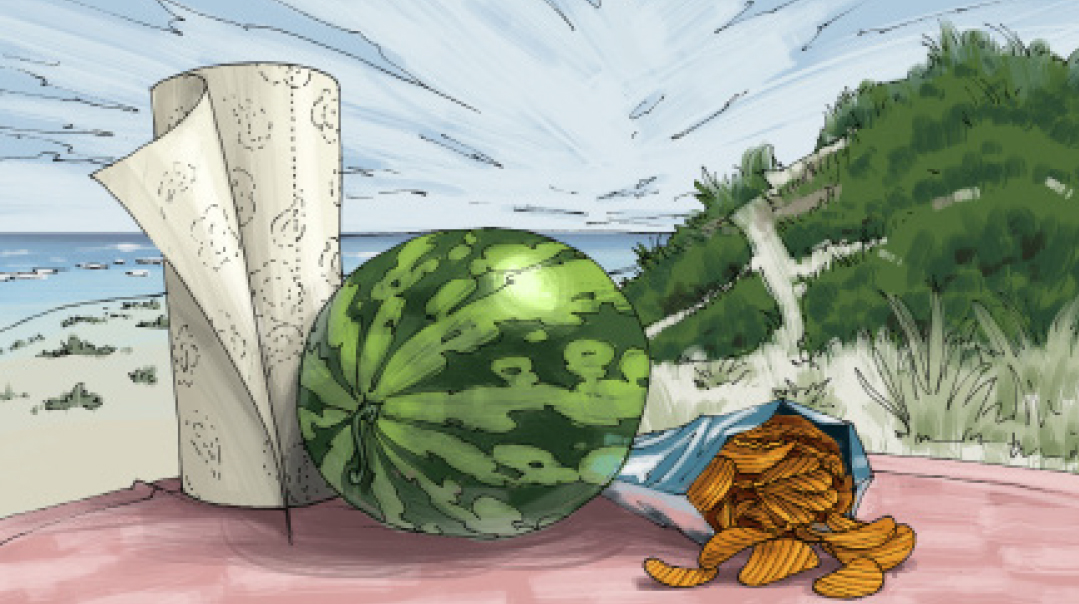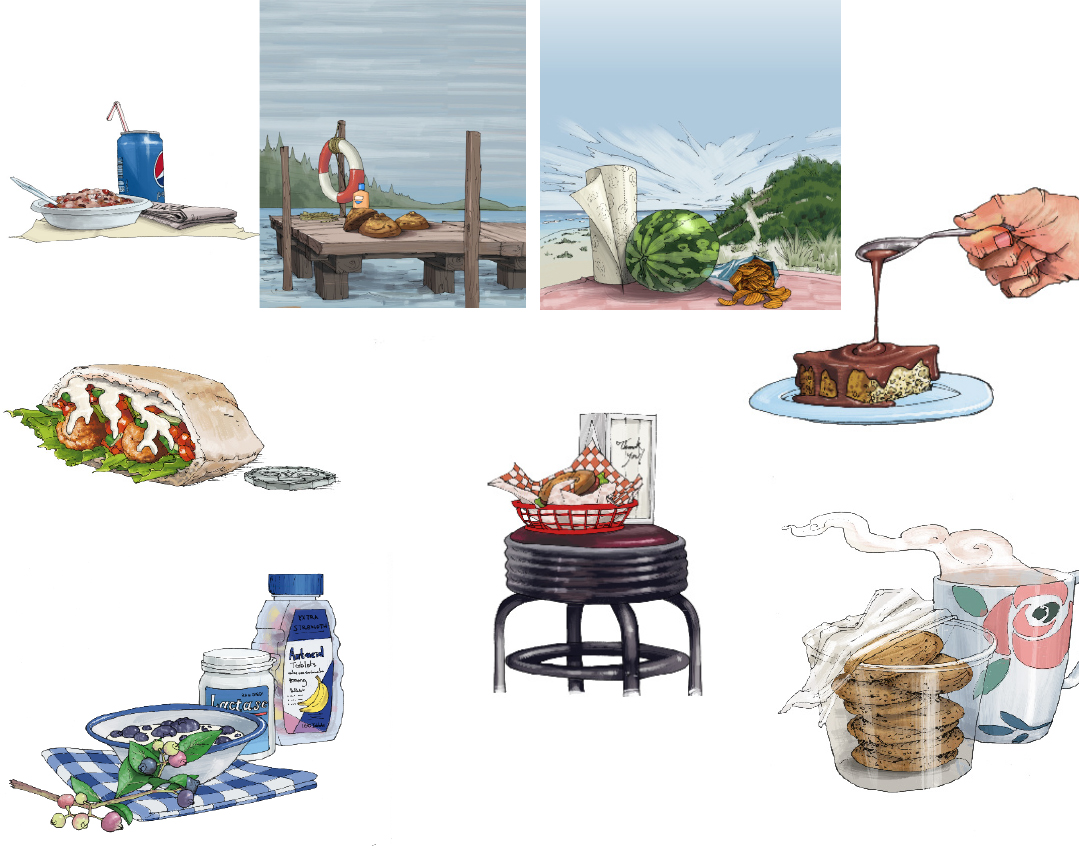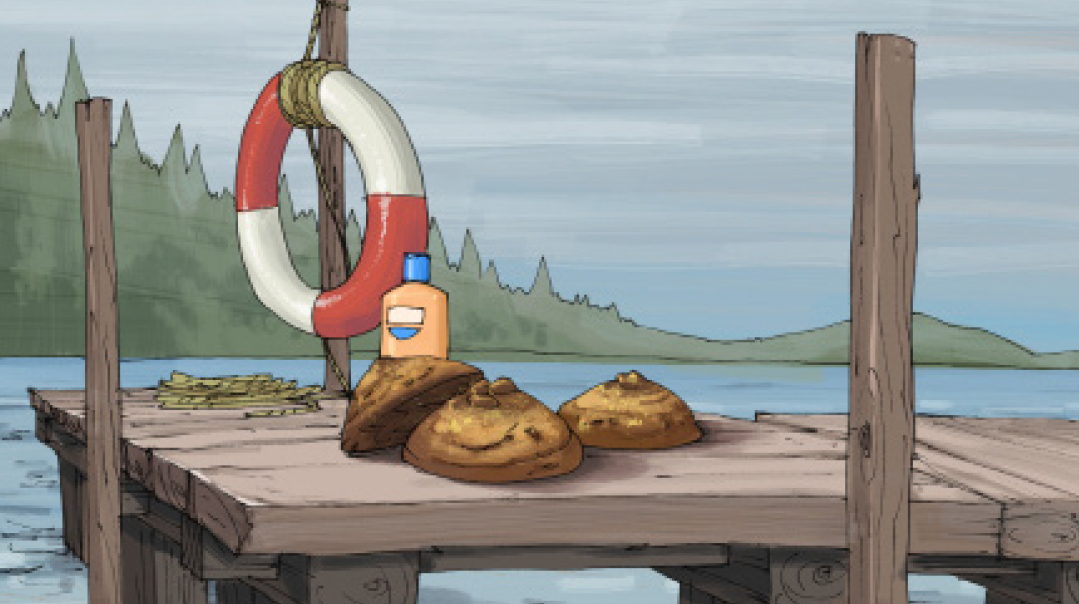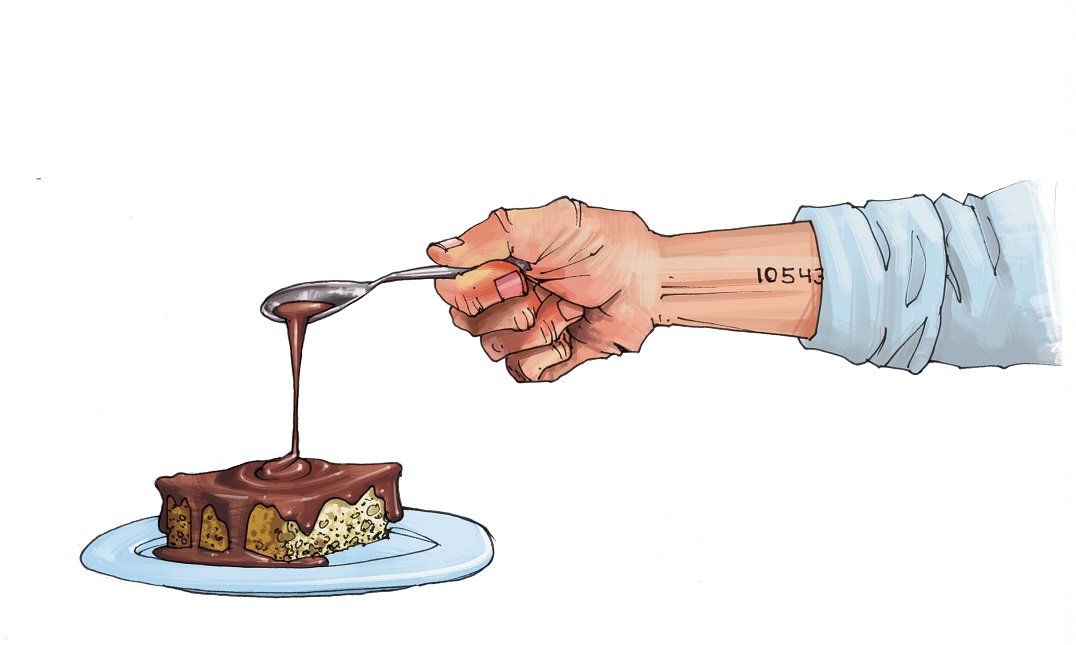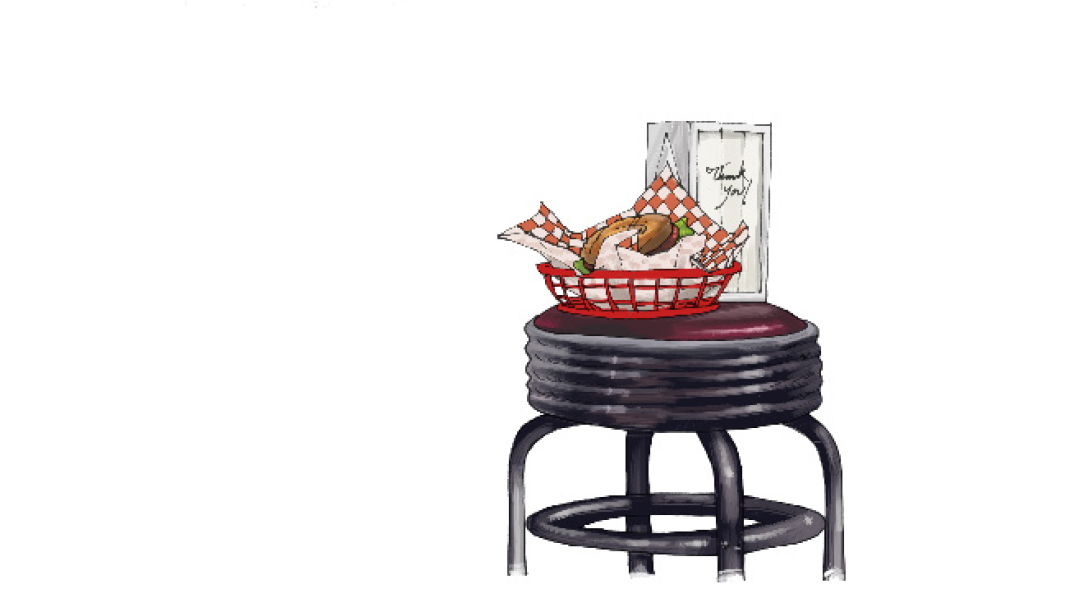It’s Just Falafel
| September 29, 2020He was just a man with calloused hands, shaping falafel balls, and making a parnassah
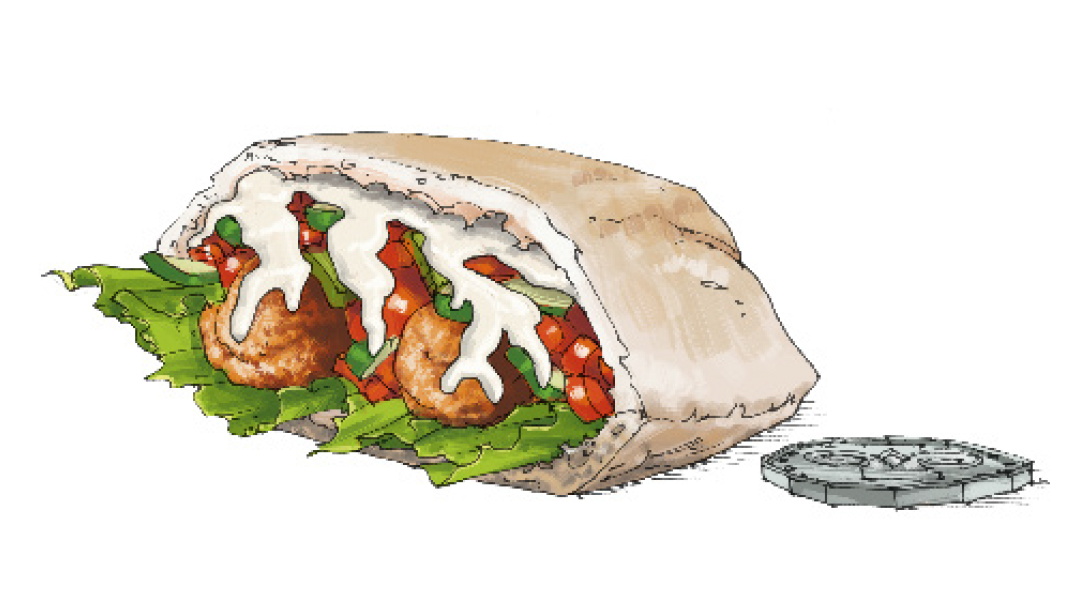
The days in Brisk were long. If you had a place in the Rosh Yeshivah’s shiur — and I say “place” because getting in the room by no means allowed you a whole seat for yourself — you needed to use the break after Minchah wisely. The faster you got to the dirah with something to eat in hand, the longer you had to lie down to rest. Shiur was in 90 minutes. The sleep schedules of 22-year-old bochurim in Yerushalayim dictated that to survive on your patch of chair, in a room designed for 50 people and holding 200, a nap was mandatory. If you also wanted to actually understand what was being said, it was a good idea to have food in your stomach.
And that’s where the falafel shop on Rechov David Yellen came in.
It was grimy, dark, and tiny, the proverbial hole in the wall. And it was glorious.
The old man behind the counter, if the rotting plank of wood between us could be called a counter, could barely see and was blind in one eye. Legend had it he had lost his sight on the battlefield, but we were too scared to ask.
You were in and out in five minutes flat. If a guy needed menus or 30 different topping options, this was the wrong place. Techinah or hummus, charif and Israeli salad. On good days, there were pickles. If you were thirsty, there were some dusty bottles of black beer tucked away in the tiny fridge in the corner.
No instructions or special requests were welcome. You could barely say how many you wanted. I think he just rolled falafel until his hands got tired. A friend once came in and asked for ten pieces. The old man vigorously nodded his head, made four, and sent him on his way.
The store on David Yellen didn’t have any romantic history. In fact, there wasn’t really any history at all. There were no warm conversations with the old man, or yearning for better days, or pictures of politicians eating his fare, triggering tales of when his store was the place to be seen.
We used to tell him his falafel was “hachi tov baolam” — the greatest in the world. It was. But we didn’t get a wide smile, a satisfied laugh, or even a twinkle in his eye.
“Hachi tov baolam?’’ he’d mutter, as if talking to himself. “Ma pitom. Zeh falafel. Zeh hakol —It’s just falafel. That’s all.”
He was just a man with calloused hands, shaping falafel balls, and making a parnassah.
Zeh hakol.
Those quick lunches will always be a warm memory. Maybe because it recalls a simpler time; when there was no mortgage and shidduchim and careers were still the stuff of dreams and not yet the stuff of life. It was when getting accepted into Brisk meant you made it, your biggest decisions were mechir or moneh, and courage (or recklessness, if my mother is reading this) was entering a cab with an Arab driver.
It was the time we became men and the years we discovered that we really did love to learn, even if the closest person watching was on the other side of the world.
But also, because in those 20 square feet, we saw a man who was content. Happy with his lot, yishtabach Shemo. He worked hard, overcame whatever hand he was dealt, and was always stationed at his place.
The blind man on David Yellen never complained, never cared what anyone thought, and made the best falafel in a pita I will ever eat. And then he took my five shekels, turned to the next guy in line, and did it all over again.
It was just falafel.
Zeh hakol.
It was everything.
Shloimy Hoffman writes and manages web content for a healthcare company. He lives in Lakewood, New Jersey.
(Originally featured in Mishpacha, Issue 830)
Oops! We could not locate your form.







